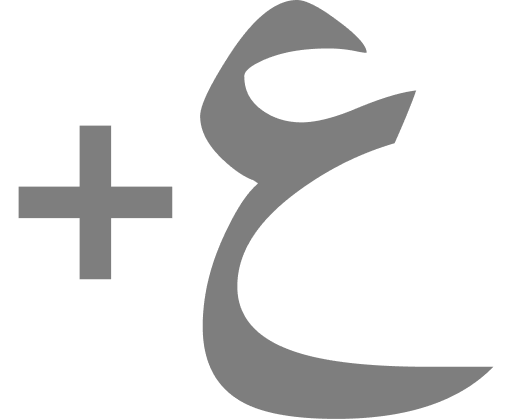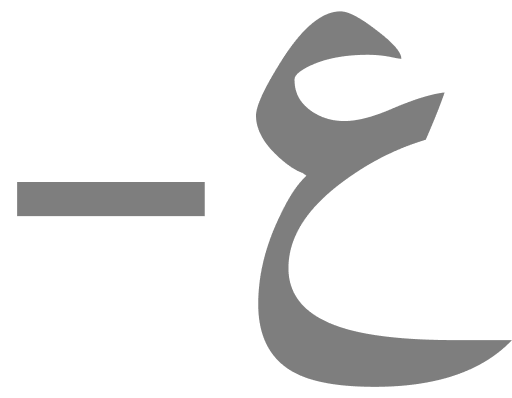The Hague.. South Africa and Israel


For the first time, Israel appears before the International Court of Justice on charges of genocide in Gaza, after it refused in 2004 to attend hearings during which the court discussed the advisory opinion requested by the United Nations regarding the legality of the separation wall that Israel was building. On January 11 and 12, the court began examining the lawsuit filed by the State of South Africa, in which it accused Israel of committing crimes of “genocide” against the Palestinians in the Gaza Strip. In its first session last Thursday, the court heard the arguments of the South African legal team, which focused on the fact that “Israel’s actions and omissions are considered genocidal in nature, because they are committed with the specific intent required to destroy the Palestinians in Gaza as part of the broader Palestinian national, racial and ethnic group.”
The lawsuit indicated that Israel’s behavior, “through state agencies, state agents, and other persons and entities acting on its instructions or under its direction, control, or influence,” constitutes a violation of its obligations towards the Palestinians in Gaza under the Genocide Convention. It asserted that Israel violated the Genocide Convention. United Nations on Genocide Signed by UN members after World War II to prevent crimes against humanity. South Africa submitted lawsuit papers consisting of 84 pages, and asked the court to issue a decision forcing Israel to immediately cease hostilities until a final decision is issued by the court. For its part, Israel strongly rejected South Africa’s accusations of “genocidal intent” against the Palestinians, and insisted during The plea she presented before the court last Friday stated that she was involved in “a war that she did not start and did not want” in Gaza.
The Israeli legal team insisted that the two main goals of the war were to eliminate the existential threat posed by Hamas fighters, and to release some 136 hostages still being held in the Strip. Israel said in its plea that it “is waging a defense war against Hamas, not against the Palestinian people.” It also rejected South Africa's request to the court under the provisions of the Genocide Convention to issue “interim measures” calling on Israel to immediately suspend its military campaign in Gaza. The Israeli defense was based primarily on “the legitimate and inherent right of states to defend themselves.”
The rulings of the International Court of Justice are considered final, and there is no possibility of appeal, but it is up to the countries concerned to implement the court’s decisions in their national jurisdictions. In most cases, it respects and complies with its obligations under international law. If a state fails to fulfill the obligations imposed on it under a provision, the only remaining solution is to resort to the Security Council, which can vote on a resolution, in accordance with the Charter of the United Nations.
In the case of South Africa v. Israel, a ruling on genocide may take years, while the injunction on the Gaza war requested by South Africa may be issued within weeks. Therefore, regardless of Israel's commitment to or challenge to what the court decides, the repercussions of the ICJ ruling could extend beyond Israel, and will embarrass Israel's closest allies, especially the United States, as some will accuse it of complicity in violating the Genocide Convention.
*Emirati writer
#Hague. #South #Africa #Israel
